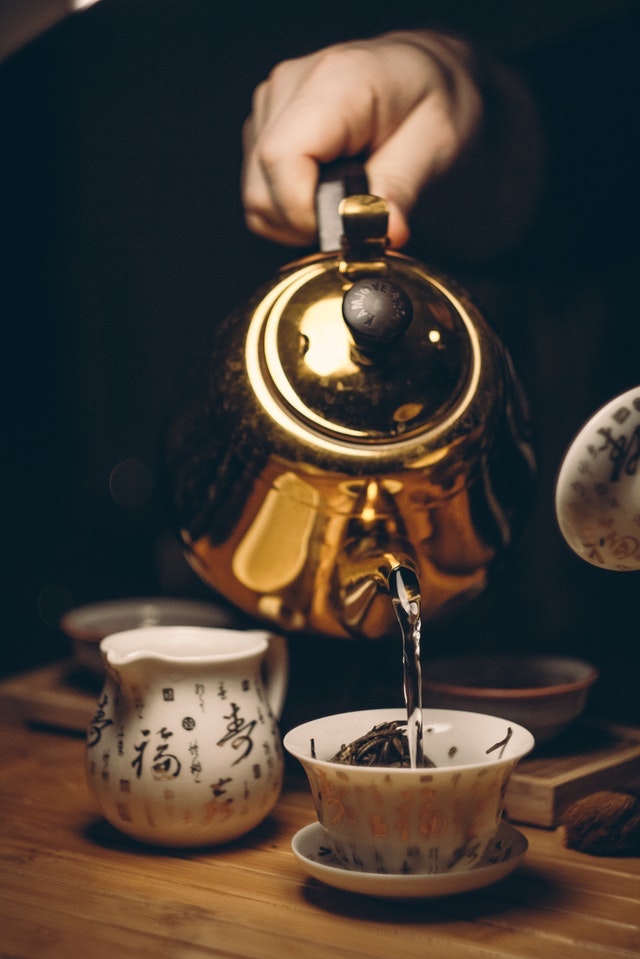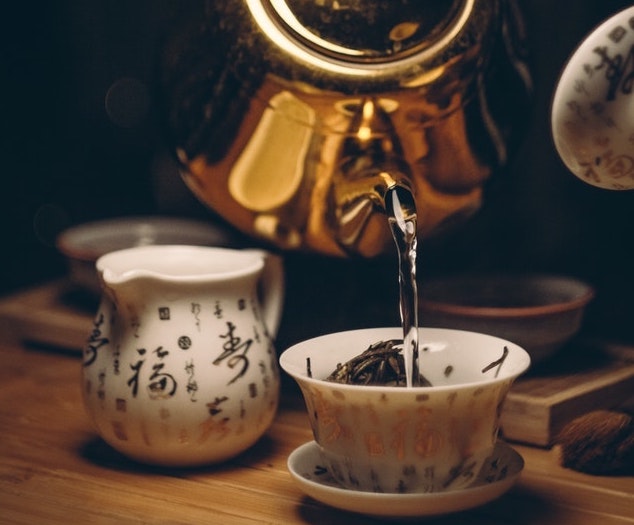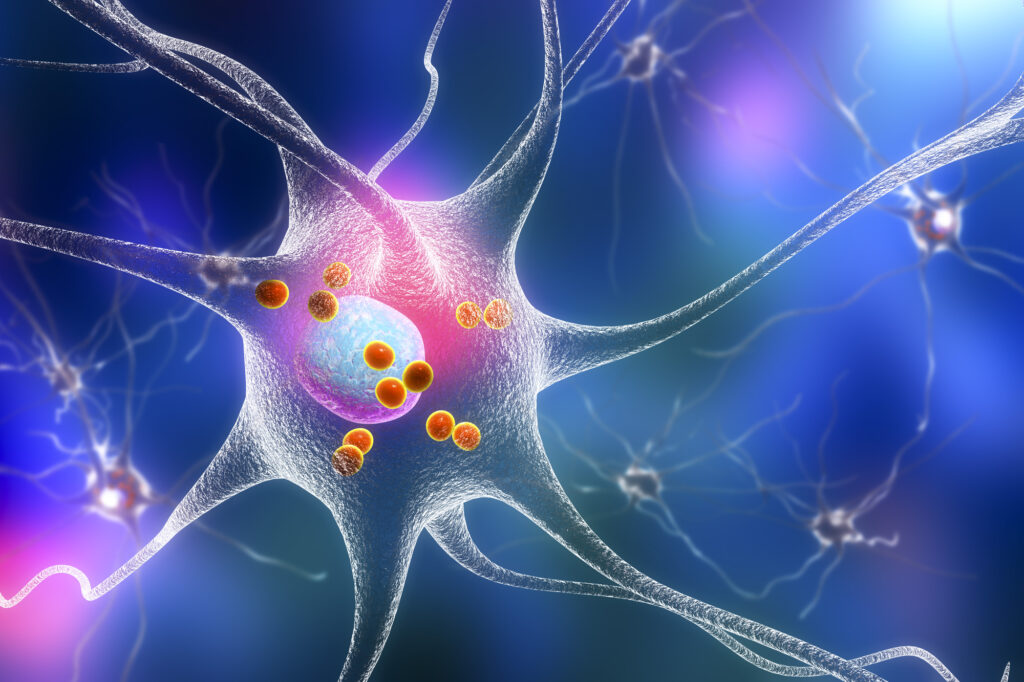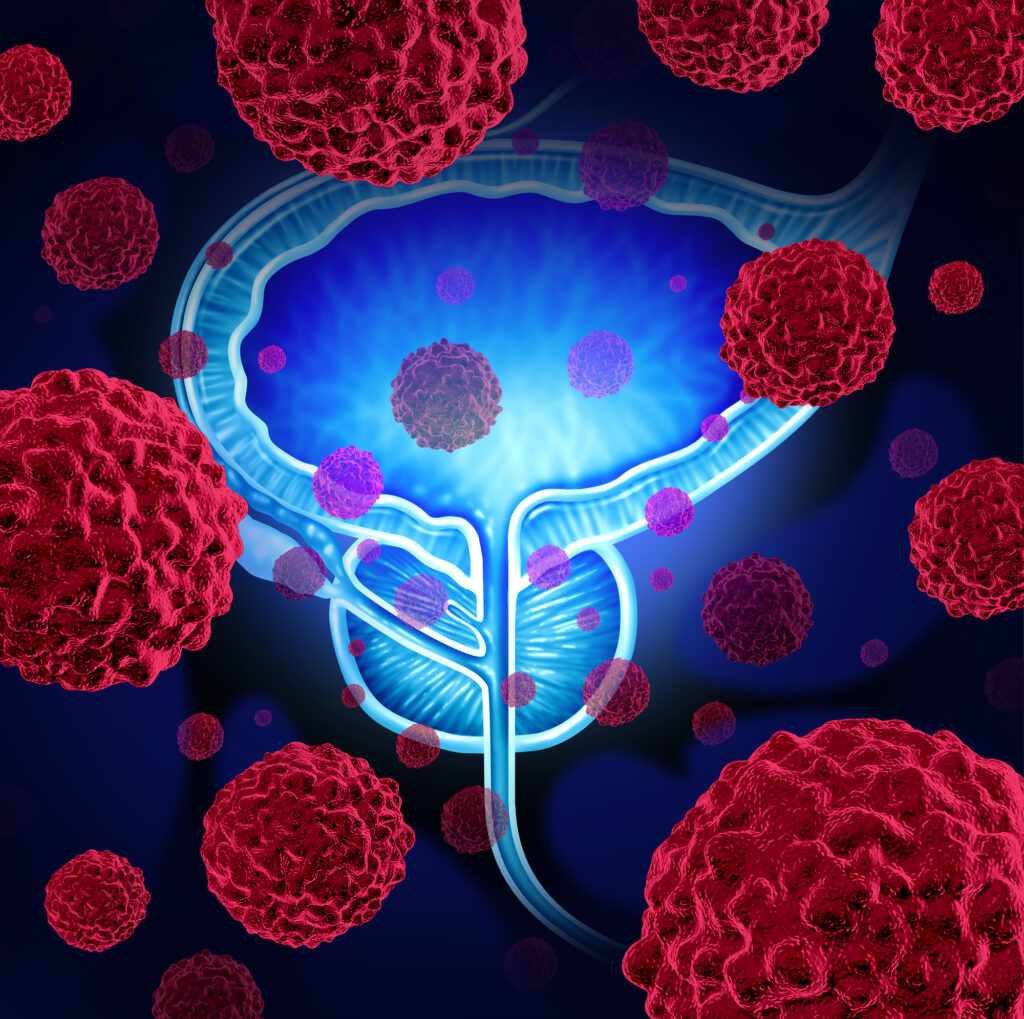
Oolong tea could hold weight loss benefits while sleeping, according to a study by the University of Tsukuba. While the health benefits of the unoxidized green tea are well known, lesser is known about oolong tea, which is only partially oxidized.
“Like all teas, oolong contains caffeine, which impacts energy metabolism by increasing our heart rate. However, studies suggest that tea consumption may also increase the breakdown of fat, independent of the effects of caffeine,” explains senior author of the study Professor Kumpei Tokuyama. “We therefore wanted to examine the effects of oolong consumption versus caffeine alone on energy and fat metabolism among a group of healthy volunteers.”
Should your Patients Drink Oolong Tea?
According to Professor Tokuyama, the answer is maybe.
Publishing their results in the journal Nutrients, the researchers found that both oolong tea and pure caffeine increased fat breakdown by about 20% in the healthy volunteers compared with the placebo, However, oolong tea continued to have an effect while the participants were asleep.
Interestingly, neither treatment caused an increase in energy expenditure, indicating that the volunteers developed a tolerance to the stimulatory effects of caffeine over the 2-week study period.
“The stimulatory effects of oolong tea on fat breakdown during sleep could have real clinical relevance for controlling body weight. However, we need to determine whether the effects we observed in the 2-week study translate into actual body fat loss over a prolonged period. In addition, we want to trial a decaffeinated oolong tea to better distinguish the effects of caffeine from other components of tea, which will help us understand exactly how oolong helps with fat breakdown.”
Because a lack of sleep can impact energy metabolism, and because caffeine is known to inhibit sleep, the researchers also studied the sleep patterns of the volunteers. Significantly, there was no noticeable difference in sleep patterns or the time it took participants to fall asleep between the treatment and placebo groups.
Conclusion/ “These findings suggest a role of unidentified ingredients in oolong tea to stimulate fat oxidation, and this effect is partially suppressed in a postprandial state. Two weeks of caffeine or oolong tea ingestion increased fat oxidation without interfering with sleep. The effects of subacute ingestion of caffeine and oolong tea differed from the acute effects, which is a particularly important consideration regarding habitual tea consumption.”
Click Here for Full Text Study





